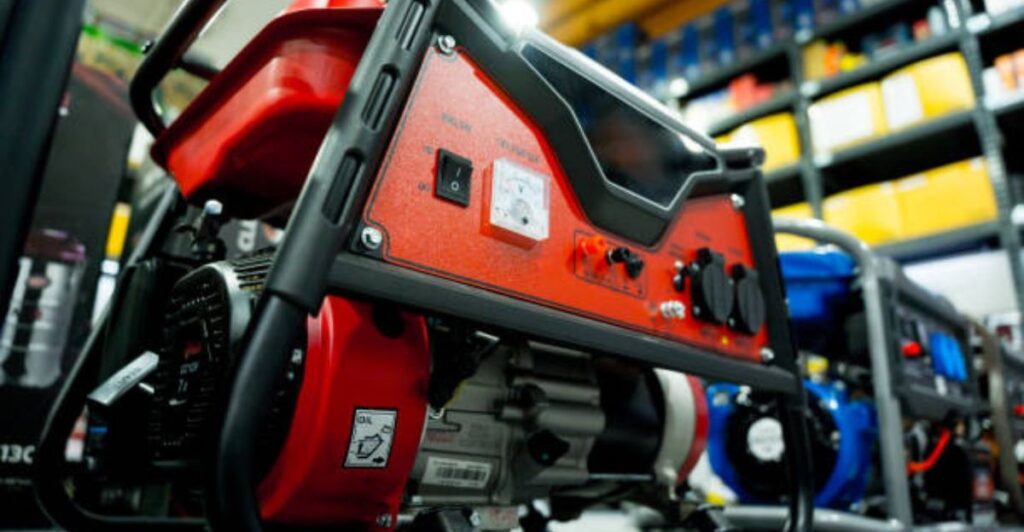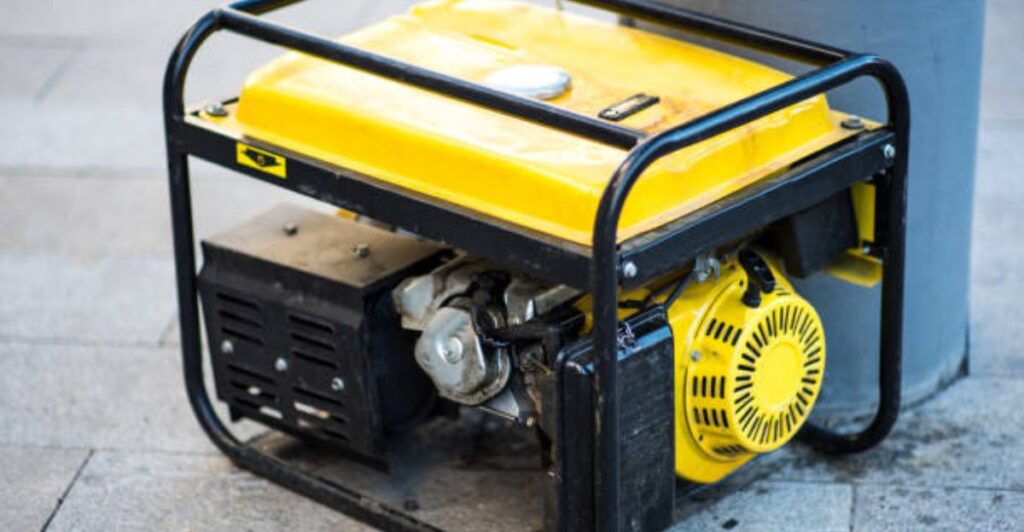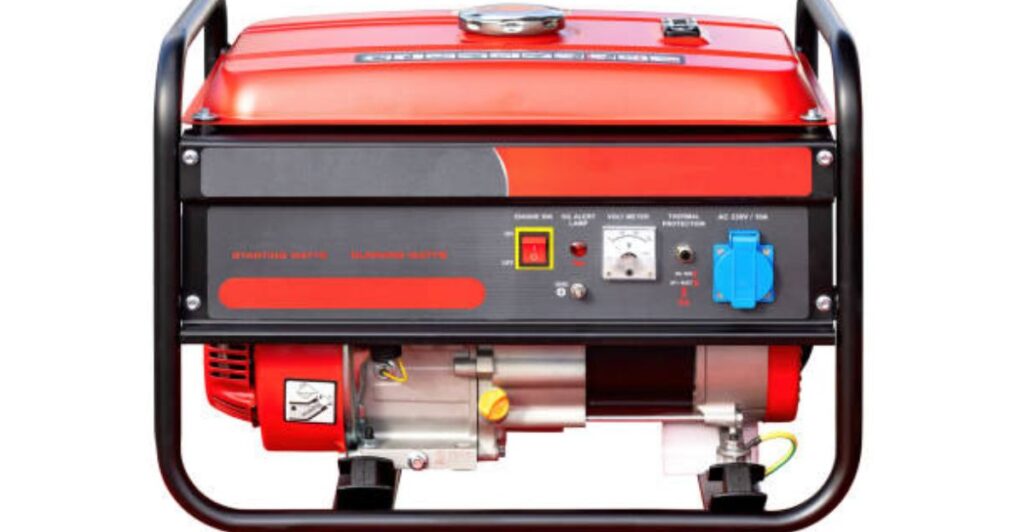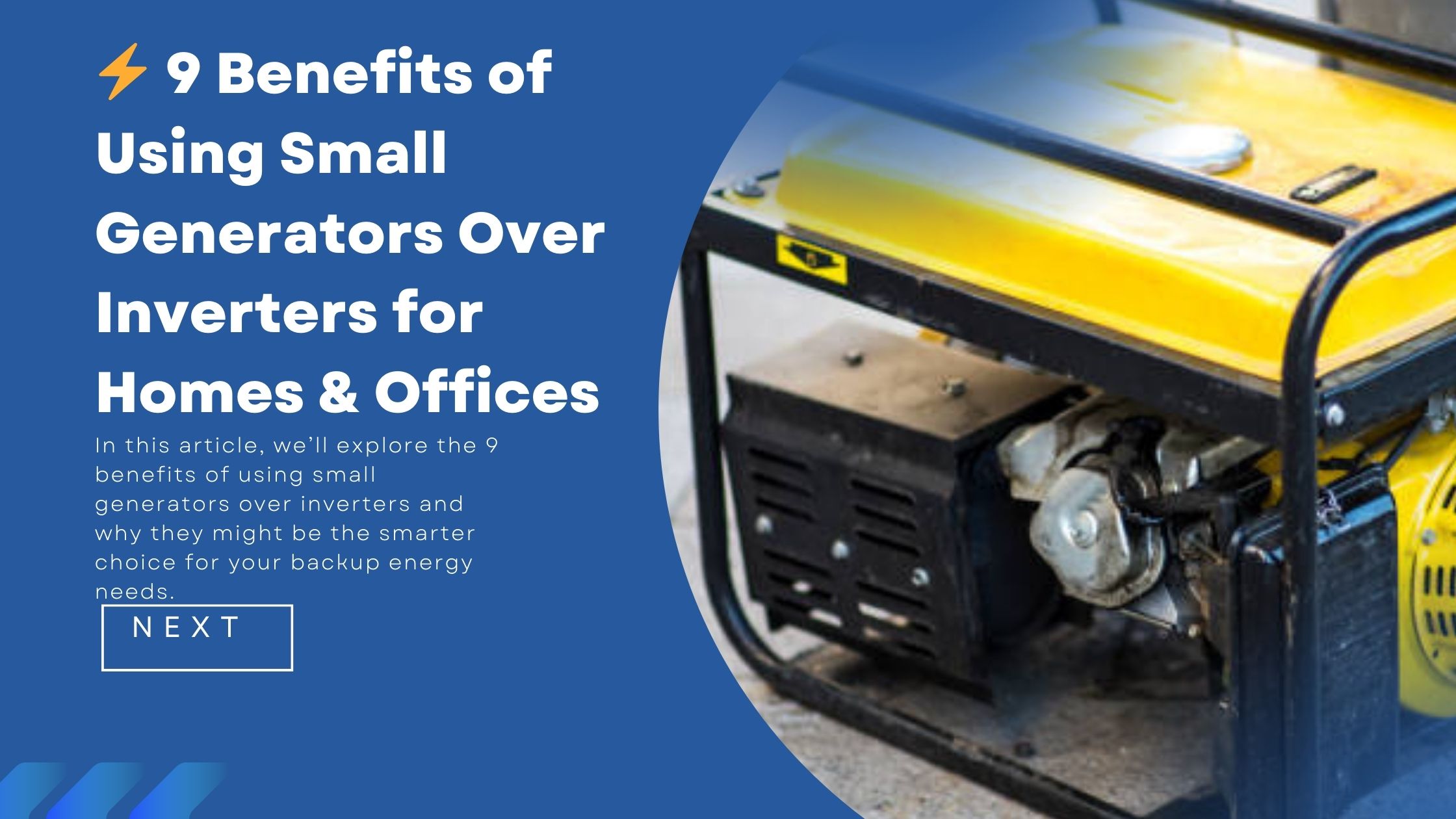Introduction
⚡ 9 Benefits of Using Small Generators Over Inverters for Homes & Offices
When it comes to backup power solutions, two popular options often come to mind: small generators and inverters. While inverters are widely used for short-term electricity needs, small generators are proving to be a more reliable choice for both homes and offices. They not only provide consistent power output but also handle heavy loads efficiently, making them a practical investment for people who don’t want interruptions during power cuts..
In this article, we’ll explore the 9 benefits of using small generators over inverters and why they might be the smarter choice for your backup energy needs.
✅ 9 Benefits of Using Small Generators Over Inverters

1. Higher Power Output
Small generators can handle heavy appliances like refrigerators, air conditioners, and office equipment without strain. Inverters, on the other hand, are designed for lighter loads.
2. Works Without Battery Dependency
Unlike inverters that require a fully charged battery, small generators generate electricity directly from fuel. This means you don’t need to worry about drained batteries during long outages.
3. Longer Backup Duration
A generator can run continuously as long as you have fuel. Inverters, however, can only last for the battery’s capacity, making them less reliable during extended blackouts.
4. Cost-Effective in the Long Run
While inverters need frequent battery replacements, generators only require fuel and occasional servicing, reducing long-term costs.
5. More Reliable in Rural or Remote Areas
In places with frequent and long power cuts, generators perform better since they don’t rely on grid electricity to recharge batteries like inverters do.
6. Supports Both Homes & Offices
From running household essentials like fans and lights to powering computers, printers, and small office equipment, small generators provide a wider application range than inverters.
7. No Waiting Time for Recharging
Inverters take hours to recharge, but generators provide instant backup once switched on, making them a quicker solution during emergencies.
8. Durability & Longer Lifespan
With proper maintenance, small generators can last for years. Inverters, however, have a shorter lifespan due to battery wear and tear.
9. Flexibility of Use
Small generators are portable and versatile, making them useful not just at home or in offices but also at outdoor events, construction sites, or remote areas.
📊 Trends in Backup Power Solutions (2025)
🔍 Key Trends in Backup Power Solutions (2025)

- Hybrid Systems Combining Multiple Power Sources
There’s increasing adoption of backup systems that mix generators, batteries, and renewable energy (solar, wind) rather than relying on a single source. Hybrid setups help ensure greater reliability, lower emissions, and cost savings. Volt Watt Electric+3Market Business Insights+3bstess+3 - Growth of Battery Energy Storage Systems (BESS)
Batteries (especially lithium-ion, and newer chemistries) are increasingly being integrated, in homes, commercial buildings, and utility scale. Improvements in energy density, lifespan, and thermal stability are making battery storage more attractive. NenPower+3Solar Builder Magazine+3bstess+3 - Emerging Battery Technologies
- Lithium Iron Phosphate (LFP) batteries are getting better known for their safety and long life. Solartex News
- Flow batteries are also gaining ground for large, long-duration storage needs, especially in commercial/industrial/off-grid environments. Solartex News+1
- Other nascent battery types (e.g. lithium-sulfur) are seeing experimentation and early prototyping. Bez Kabli
- Smart / AI-enabled Monitoring and Management
Backup systems are becoming smarter. Real-time monitoring, predictive maintenance, load optimization, and energy management software are helping improve reliability, reduce downtime, and extend equipment life. IoT sensors + analytics are big players. GlobeNewswire+2Volt Watt Electric+2 - Energy Storage as a Service (ESaaS) & Financing Innovations
To make backup power more accessible, providers are offering service models where users don’t need to buy expensive systems outright. Instead they lease, subscribe, or pay based on performance. This reduces upfront cost barriers. bstess+1 - Modular & Scalable Solutions
Systems that can be scaled up/down are in demand: e.g. modular battery packs, generators that can be paralleled, modular UPS units, or backup systems that allow adding more capacity later. This gives flexibility for growing needs. Volt Watt Electric+3Solar Builder Magazine+3Wedbush Investor+3 - Grid-forming and Microgrid Capabilities
Backup systems are no longer just about “keeping lights on” — they’re being designed to form microgrids, isolate parts of the system during outages (“islanding”), or help rebuild grid segments (black start). Grid-forming inverters and power electronics are becoming more capable. Solar Builder Magazine+1 - Resilience, Disaster Preparedness, & Regulatory Pressure
With more extreme weather events and infrastructure stress, there’s greater emphasis on backup systems for critical facilities (hospitals, data centers, emergency systems), regulatory mandates, and policies supporting reliability. That means more investment in robust, redundant systems. Wedbush Investor+2Market Business Insights+2 - Environmental/Sustainability Focus
Clean energy backup systems (less reliance on diesel/fossil fuels), lower emission solutions, recyclability of components, and more efficient usage are becoming priorities. Users and regulators are also pushing for backup power that aligns with carbon reduction goals. Market Business Insights+1 - Improved Efficiency & Cost Reduction
Through better materials, manufacturing, smarter operations, and economies of scale, backup systems are getting cheaper and more efficient. For example, better battery technologies, improved inverter designs (lower losses), better thermal management, etc
💡 Suggestions for Best Results

· Match Power Needs with Capacity
- Calculate the total wattage of appliances you want to run.
- Choose a generator/inverter with at least 20–30% extra capacity to avoid overload.
· Prioritize Fuel & Energy Efficiency
- Go for fuel-efficient generators or hybrid systems that integrate solar + battery backup.
- This lowers long-term costs and reduces environmental impact.
· Opt for Smart/Connected Models
- Select backup systems with IoT or app connectivity for remote monitoring.
- Features like fuel tracking, battery health, and load optimization improve performance.
· Plan for Noise & Safety
- If using a generator at home/office, consider a low-noise or soundproof model.
- Always place it in a well-ventilated area to avoid carbon monoxide buildup.
· Invest in Modular & Scalable Solutions
- Choose systems that can be expanded later if your power demand increases.
- This avoids the need to replace the entire unit.
· Regular Maintenance is Key
- Service generators at least once every 6–12 months.
- For inverters, check batteries regularly and keep them charged.
· Backup Fuel & Battery Strategy
- Keep extra fuel stored safely (for generators).
- For inverters, consider LFP (Lithium Iron Phosphate) batteries for longer life and safety.
· Balance Cost with Reliability
- Don’t just go for the cheapest solution; choose one that balances price, reliability, and durability.
- A slightly higher upfront cost can save money in the long run.
· Think About Future Trends
- Look for hybrid-ready or renewable-compatible models that allow integration with solar panels or energy storage systems.
🌟 Conclusion
While inverters have their advantages for short-term power backup, small generators clearly provide more benefits for both homes and offices. They are more reliable, cost-effective, and powerful, ensuring that essential appliances and equipment continue running smoothly during power outages. If you live in an area with frequent power cuts or need to run heavy appliances, investing in a small generator is undoubtedly the smarter choice.
🔎 References
- Energy Efficiency in Backup Power Systems – Energy.gov
- Portable Generator Safety Guide – Consumer Reports
- Choosing the Right Generator – Home Depot
❓ FAQs
Q1: Are small generators safe to use indoors?
👉 No, generators should always be used outdoors or in well-ventilated spaces to prevent carbon monoxide poisoning.
Q2: How much fuel does a small generator consume?
👉 On average, a 1kW generator consumes around 0.4–0.6 liters of fuel per hour, depending on load.
Q3: Which is cheaper: an inverter or a generator?
👉 Inverters have lower upfront costs, but generators are more cost-effective in the long run due to fewer battery replacements.
Q4: Can a small generator power an entire house?
👉 It depends on the generator’s wattage. A small generator can handle basic appliances but may not support all heavy loads simultaneously.
Q5: What is the average lifespan of a small generator?
👉 With regular maintenance, a small generator can last 8–10 years or more.

